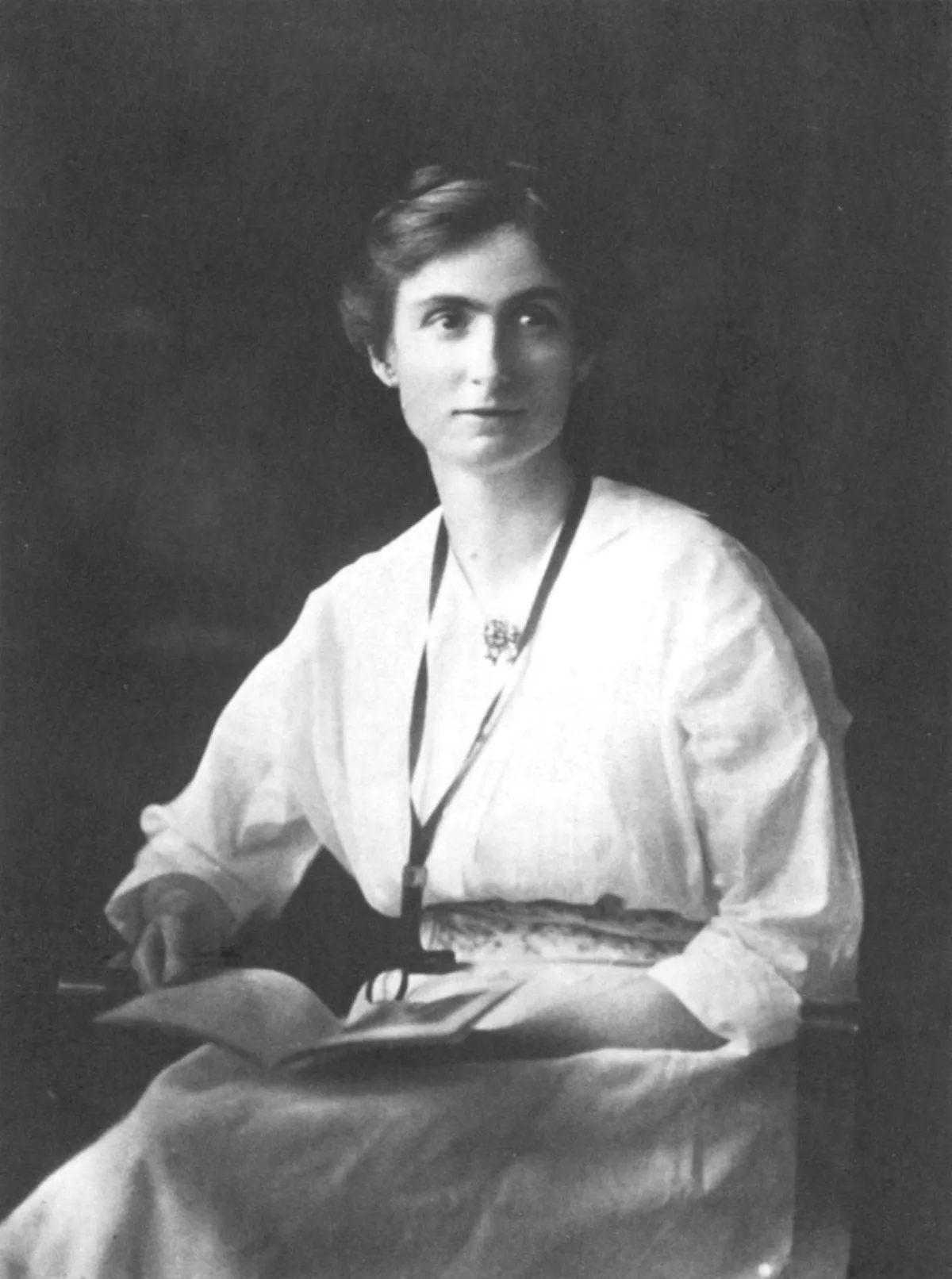 1.
1. Edith Abbott was an American economist, statistician, social worker, educator, and author.

 1.
1. Edith Abbott was an American economist, statistician, social worker, educator, and author.
Edith Abbott was a leading activist in social reform with the ideals that humanitarianism needed to be embedded in education.
Edith Abbott was in charge of implementing social work studies to the graduate level.
Edith Abbott was foremost an educator and saw her work as a combination of legal studies and humanitarian work which shows in her social security legislation.
Edith Abbott is known as an economist who pursued implementing social work at the graduate level.
Edith Abbott was born on September 26,1876, in Grand Island, Nebraska.
Edith Abbott's father, Othman Ali Abbott, was a lawyer and Nebraska's first Lieutenant Governor.
Edith Abbott's mother, Elizabeth Maletta Griffin, was an abolitionist and suffrage leader.
In 1893, Edith Abbott graduated from Brownell Hall, a girls' boarding school in Omaha.
Edith Abbott enrolled at the University of Nebraska, receiving her degree in 1901.
Edith Abbott continued to teach for two more years and was eventually awarded a fellowship to the University of Chicago.
Edith Abbott earned her doctorate in political economy in 1905.
In 1906, Edith Abbott received a Carnegie Fellowship and continued her studies at University College London, and the London School of Economics.
Edith Abbott learned from social reformers Sidney Webb and Beatrice Webb, who championed new approaches to dealing with poverty.
Edith Abbott returned to the United States in 1907 after her years studying in London, and took a job teaching economics at Wellesley College.
Edith Abbott got her chance in 1908 when Sophonisba Breckinridge, then Director of Social Research at the independent Chicago School of Civics and Philanthropy, offered her a job teaching statistics in the Department of Social Investigation.
Edith Abbott moved into Jane Addams's Hull House with her sister, Grace, when she moved back to Chicago.
Grace and Edith Abbott became great additions to the reform-minded community as they contributed significantly through their commitment to social reform advocacy and scholarship of statistical research.
Edith Abbott was hired as an associate professor of social economy, and was named dean in 1924.
Edith Abbott became the first US woman to become the dean of an American graduate school.
In 1931, Edith Abbott collected many of her papers, addresses and speeches on social service education and created a single volume entitled Social Welfare and Professional Education.
Edith Abbott focused her attention on her students to portray the basic principles that can be transmitted to students.
Edith Abbott was a prominent immigration expert, working for reforms that would end exploitation of immigrants.
Edith Abbott was appointed chair of the Committee on Crime and the Foreign Born of the Wickersham National Commission on Law Observance and Enforcement.
Edith Abbott stressed the importance of a public welfare administration, the need for a more humane social welfare system, and the responsibility of the state in addressing social problems.
Many of the contributions during Edith Abbott's career were dedicated to addressing welfare reform and adopting more humane standards for welfare treatment.
In 1926, Edith Abbott helped establish the Cook County Bureau of Public Welfare.
In 1935, Edith Abbott assisted in drafting the Social Security Act.
Edith Abbott had a significant role in the public sphere.
In 1950, Edith Abbott was known to have been appointed to a single case on the California Supreme Court, making her the first woman to sit on the state's supreme court.
Edith Abbott spent her remaining years living with her family in their home in Grand Island, Nebraska, where she died of pneumonia in 1957.
Edith Abbott left the bulk of her estate to the Grand Island Public Library.
Edith Abbott left a trust for a collection of nonfiction books in memory of her mother, Elizabeth Abbott.